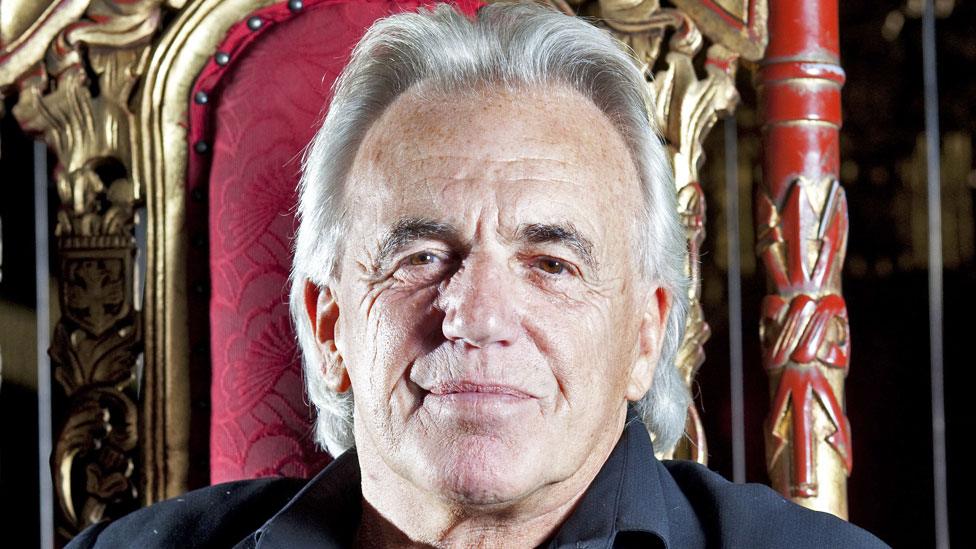Heritage scheme shines spotlight on Mojo nightclub
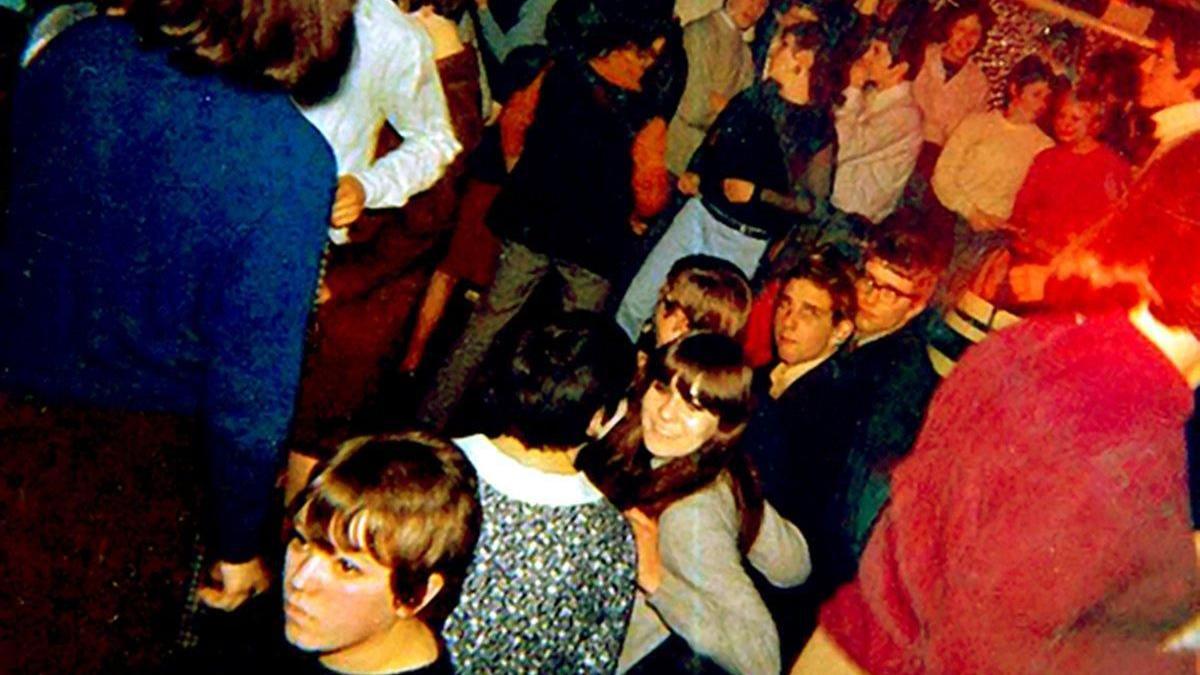
The King Mojo Club was located in a former Victorian house in Sheffield
- Published
Though the building is long gone, the legacy of a short-lived club where music icons including Stevie Wonder and Jimi Hendrix lit up the stage lives on. More than 60 years after it opened, its story is being told through a heritage scheme.
King Mojo Club on Pitsmoor Road in Sheffield was opened by "king of clubs" Peter Stringfellow and brother Geoff in 1964 and provided an early stage for future stars.
It promoted community cohesion and racial integration, according to those who frequented the Mojo, despite closing only three years later.
A £114,300 grant from The National Lottery Heritage Fund will now bring the club back into the spotlight through exhibitions, podcasts, a documentary and a book.
The project, called "Mojo Rising - Celebrating 60 Years of Music and Community", will be delivered by the Mojo Heritage Collective and is set to involve a team of volunteers, artists, designers and academics.
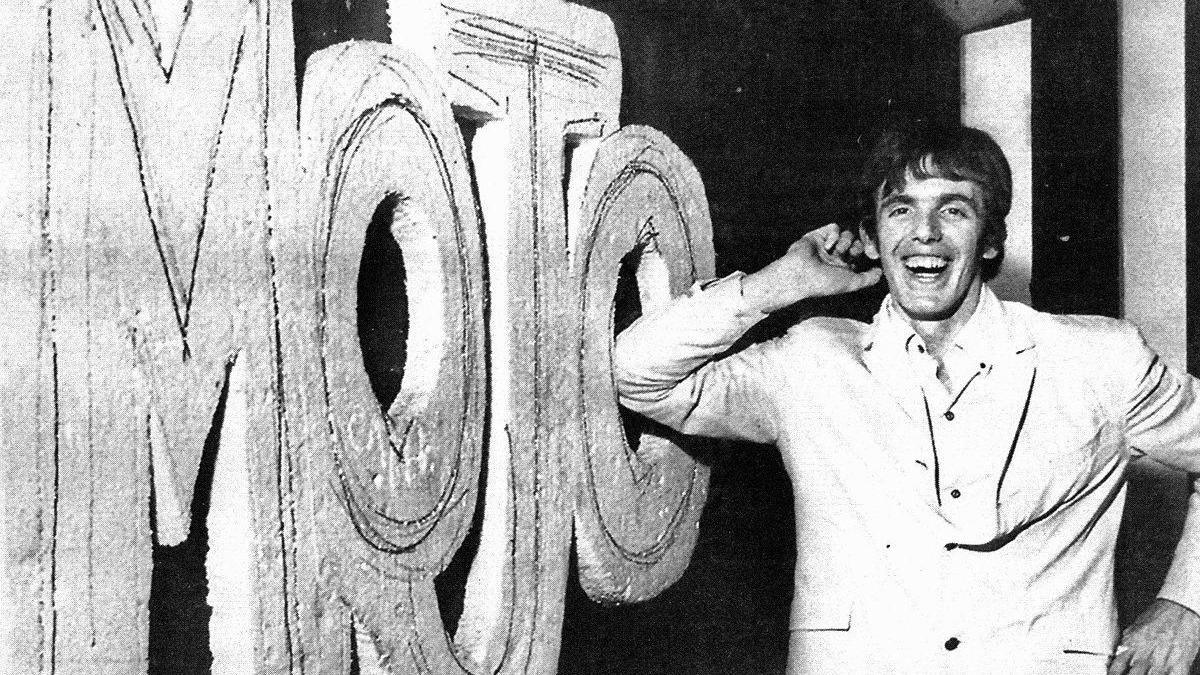
Co-founder Peter Stringfellow, pictured with the Mojo sign, went on to open many venues around the world
Neil Anderson, from the Mojo Heritage Collective, said it aimed to create a "big digital archive of interviews and memorabilia".
"We are all about celebrating what happened there, creating a legacy and educating future generations," he said.
"We want to do a lot of recorded memories - people who actually frequented the club, worked there, the artists who played there."
Its history aims to be brought to life with a 3D digital recreation of the venue, a new mural, workshops and other public events.
"There must be so many people that now live in the area that have no idea that some of the biggest stars in the world played their earliest gigs there," he added.
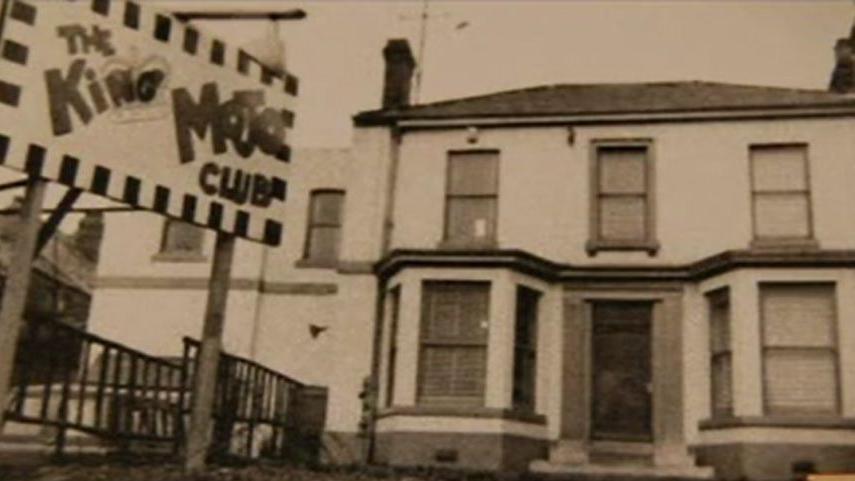
The King Mojo Club in Pitsmoor Road was only open for three years
One anecdote from Sheffield Music Archive, external recalls how Hendrix was checked for drugs by two firemen at the club in January 1967.
Hendrix, who was reportedly seated and holding a large cannabis joint, was asked if he had any drugs in his possession, to which he replied: "No man, no drugs in here."
Apparently satisfied with the response, the firemen left without further questions.
The club - which served only coffee and no alcohol - also saw Ike & Tina Turner as well as Stevie Wonder take to the stage in October 1966.
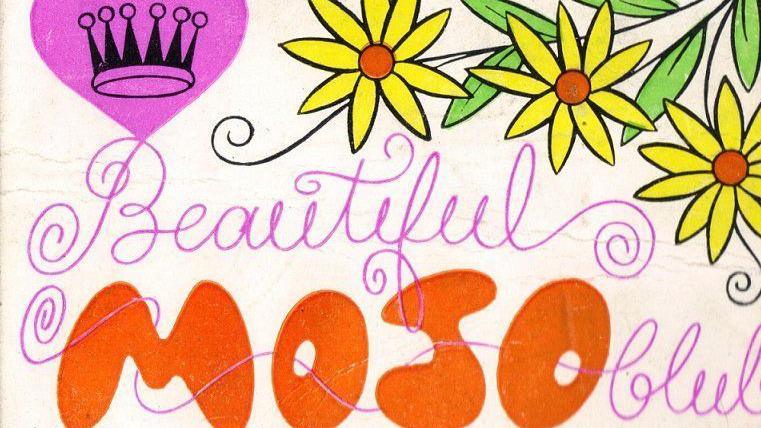
A membership card for the club summed up 1960s trends
Michael Bell, chair of the Mojo Heritage Collective, said: "King Mojo was more than a club – it was a cultural lightning rod that helped launch some of the world's biggest artists and gave young people in Sheffield a way to feel connected to something truly global.
"I was there and the experience has stayed with me all my life."
Peter Stringfellow, who died in 2018, later expanded his nightlife empire to include clubs in London, Paris, Miami, Beverly Hills, and New York.
"Mojo Rising - Celebrating 60 Years of Music and Community" will run over the next two and a half years.
Helen Featherstone, director of England, North at The National Lottery Heritage Fund, said its funding meant the "amazing stories and memories from the club's heritage" will be passed on to "the next generation of music lovers".
How a Pitsmoor club brought the stars to Sheffield
Get in touch
Tell us which stories we should cover in Yorkshire
Listen to highlights from South Yorkshire on BBC Sounds, catch up with the latest episode of Look North
Related topics
Related stories
- Published7 June 2018
